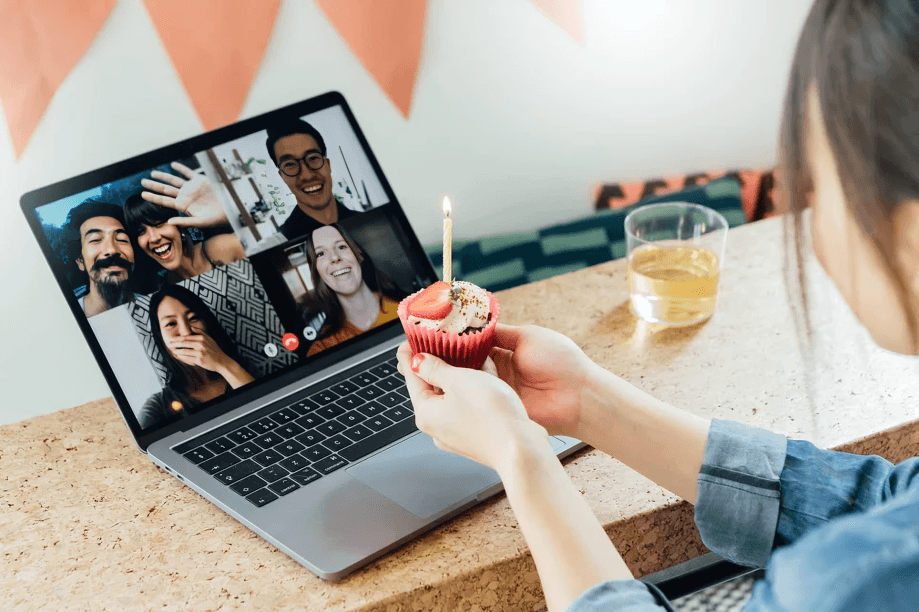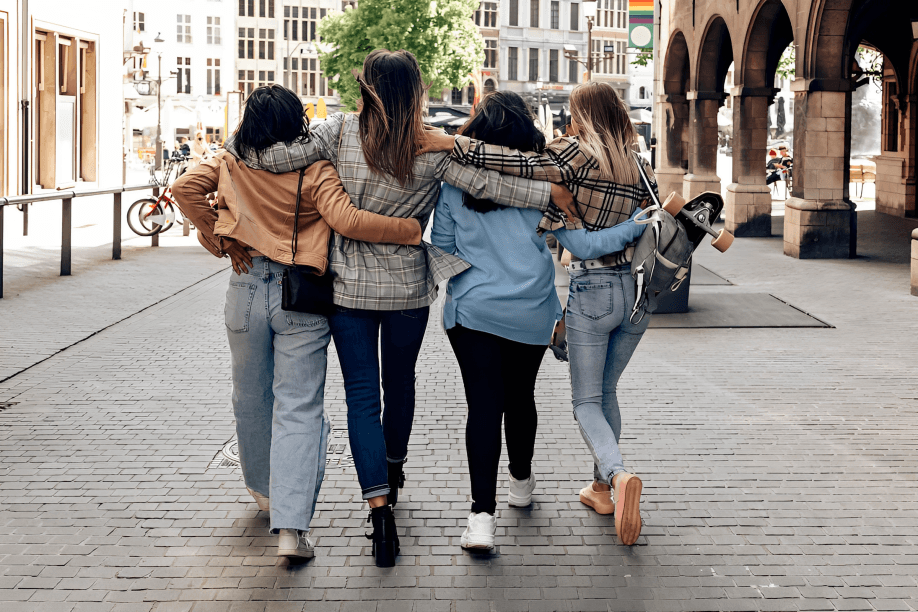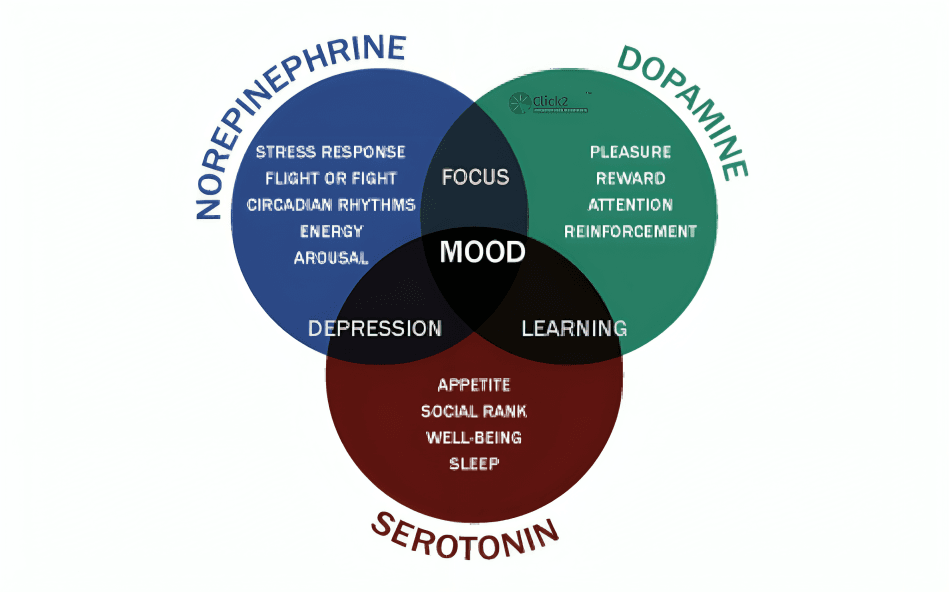
“
The psychological effects of online vs. offline friendships shape our emotional lives in distinct ways. Understanding these differences can provide insight into how online and offline connections influence our well-being, mental health, and sense of community.1
1
”
Offline friendships strengthen emotional intelligence because they rely on face-to-face interaction, body language, and tone, making it easier to understand emotions and respond with genuine empathy. 1
Online friendships can offer emotional safety, especially for shy or anxious people, because communication is less intimidating and can be paused or controlled more easily than in-person interaction. 2
Physical presence in offline friendships promotes deeper bonding by triggering emotional responses like laughter and touch, which help build trust, reduce loneliness, and create lasting psychological memories. 3

Offline friends often become long-term emotional support systems, as frequent face-to-face interactions lead to stronger trust and responsibility, which are harder to replicate through digital platforms.
Online friendships can sometimes feel less demanding, offering connection without the time and energy that offline relationships may require, which some people find mentally more manageable. 4
Online interactions may reduce social fear for some people, allowing them to express thoughts more openly, although this freedom can sometimes lead to sharing too much too quickly. 5
In offline friendships, real-time conversations allow quicker conflict resolution, whereas online discussions can drag on, increasing stress due to delays in clarification or misunderstood messages. 6
Online friendships may cause emotional confusion when people misinterpret tone or sarcasm, since digital text lacks the facial expressions and vocal inflections needed to fully understand intent. 7
Shared experiences in offline settings—like eating together or attending events—create stronger emotional bonds, which online chats or messages cannot fully replicate psychologically. 8

Online friendships may lead to unrealistic expectations, as people can present idealized versions of themselves, which may later result in disappointment or emotional distance.
Offline relationships often result in higher emotional satisfaction because the brain responds positively to real-time reactions, facial expressions, and physical gestures like smiling or hugging. 9
Online friends can still offer meaningful support, especially during personal crises, but the lack of physical presence may limit the emotional comfort they can provide. 10
Offline interactions build communication skills through spontaneous conversation and immediate feedback, helping people grow in confidence and become emotionally more resilient in social settings.11

Offline friendships often include rituals and routines—like walking together or weekly hangouts—that provide emotional stability and contribute to overall psychological well-being.
Online connections can create strong emotional bonds, especially when people share personal stories, but these bonds may lack the depth created by spending time together in person. 12
Online friendships can expose people to new perspectives and communities, reducing feelings of isolation, particularly for those who feel misunderstood in their immediate offline environment. 13
Offline relationships are usually tied to mutual obligations—helping each other, sharing resources—which creates a stronger sense of emotional responsibility and mutual care. 14

Offline socialization activates brain chemicals like dopamine and serotonin, improving mood and reducing anxiety, which digital communication does not always effectively stimulate.
Online friendships may increase anxiety in some individuals, especially when conversations are left on “read” or if digital interactions become inconsistent or vague. 15
Offline interactions promote deeper empathy and emotional investment, since people are more likely to witness each other’s highs and lows directly, creating a stronger psychological connection. 16


